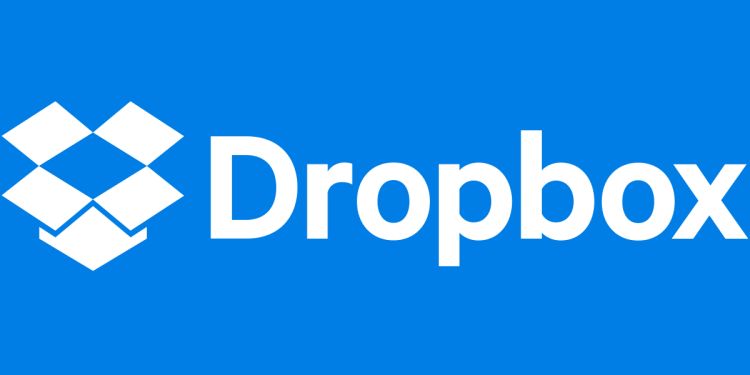Dropbox filed for an initial public offering today with the goal of raising $500 million for its cloud-based file storage and collaboration service. It had secretly filed to go public in early January.
The San Francisco-based company brought in $1.1 billion in revenue last year, with a net loss of $111 million. It has more than 500 million registered users, 11 million of whom are paying users. The company’s last private valuation was $10 billion. Dropbox’s annual revenue has grown significantly year-over-year, while the company has also managed to slash its net loss from nearly $326 million in 2015.
Investors and the tech industry will be watching this offering closely, considering that it’s the first big tech IPO of 2018. Dropbox is heading into a potentially choppy market: Stock prices have been on a roller-coaster ride over the past several weeks, though the market has rebounded significantly from lows earlier this month. It will also be interesting to see how Dropbox fares on Wall Street compared to Snap’s disappointing performance over the last year.
Dropbox has done plenty to pique investors’ interest. Its model of attracting paying users through a pair of premium plans, alongside its business sales, has generated a ton of revenue, and it has plenty of potential up-selling opportunities going forward. The company’s revenue growth rate has begun to slow, however.
June 5th: The AI Audit in NYC
Join us next week in NYC to engage with top executive leaders, delving into strategies for auditing AI models to ensure fairness, optimal performance, and ethical compliance across diverse organizations. Secure your attendance for this exclusive invite-only event.
Founded in June 2007, Dropbox has raised a total of $1.7 billion in equity and debt financing, according to PitchBook. The Y Combinator graduate is backed by top-tier VCs, including Sequoia Capital, Greylock Partners, Accel, and Institutional Venture Partners (IVP), along with a handful of banks, such as JP Morgan and Goldman Sachs. Private equity group BlackRock invested in Dropbox’s last round of $350 million in February 2014.
Dropbox faces heavy competition in its market. Major technology titans like Google and Microsoft have their own cloud file storage and collaboration software, which they offer to customers as part of broader productivity suite packages. The company also has to contend with other players dedicated specifically to cloud file storage and collaboration.
Box, which went public in January 2015, is one such company. While Box is primarily dedicated to enterprise collaboration and content management, the two businesses are going after some of the same customers. Box CEO Aaron Levie said in an interview with VentureBeat that he looks forward to Dropbox joining the public markets.
“I think it’s up to both of us as companies to keep growing this industry and make sure that we can help move more people off of legacy, on-premises systems to the cloud, and it will be exciting to see how they contribute to that,” Levie said.
One of the company’s most interesting risk factors is the shifting state of net neutrality regulation in the U.S. Because Dropbox relies on speedy network connections to provide its customers with the data they need, the company points out that internet providers implementing usage-based pricing or speeding up competing offerings could negatively impact its business.
It will be interesting to see how Dropbox’s offering compares to Spotify’s reported plans to directly list itself on the New York Stock Exchange (NYSE). That will be the first time a tech company of Spotify’s size chooses to avoid a traditional IPO process in favor of publicly listing its shares without issuing any new ones.
Levie said he expects Dropbox to be the bellwether IPO to kick off 2018. What’s more, he expects that other, smaller companies will use Dropbox’s offering as a signal to go public.
“From our perspective, we’ve been very happy to be public. There’s always ups and downs, constant sort of movement in the market, but in general being able to have the discipline, the operational rigor that comes with being a public company, I think is very healthy. So I think it’ll be good to see more companies that take that leap and take that step,” Levie said. “I think Dropbox is going to open up a bit of a movement on that front.”

